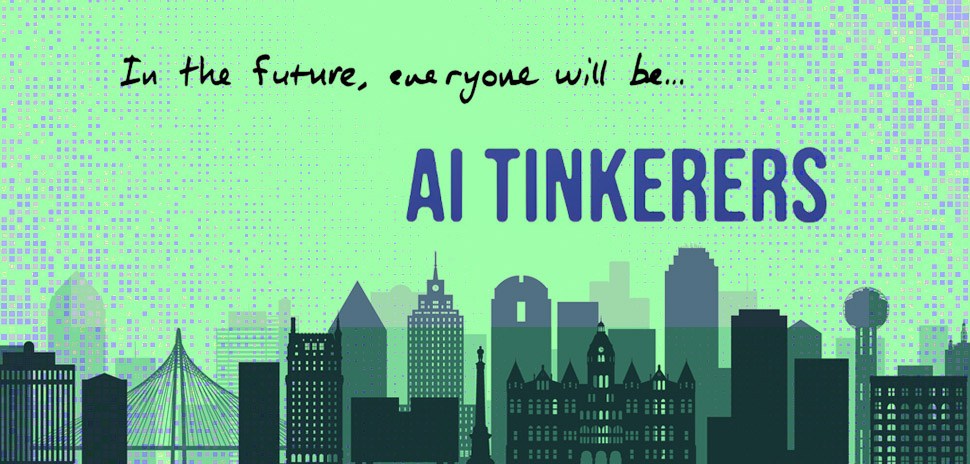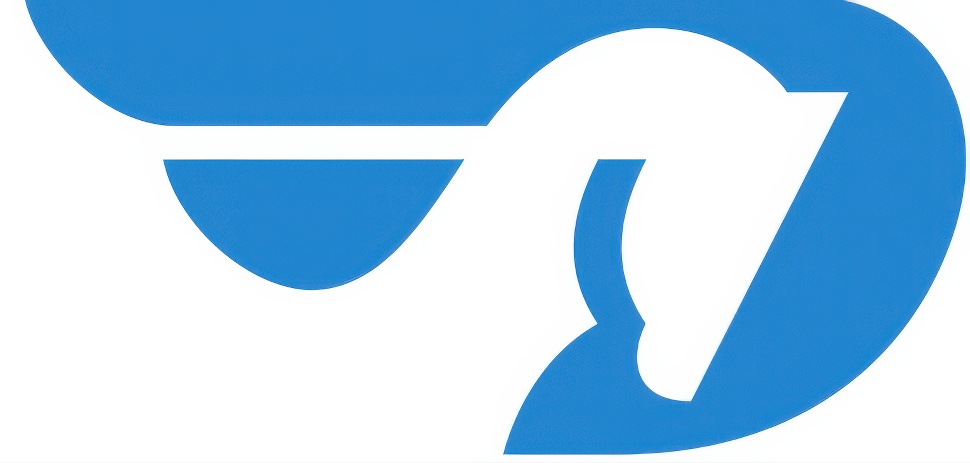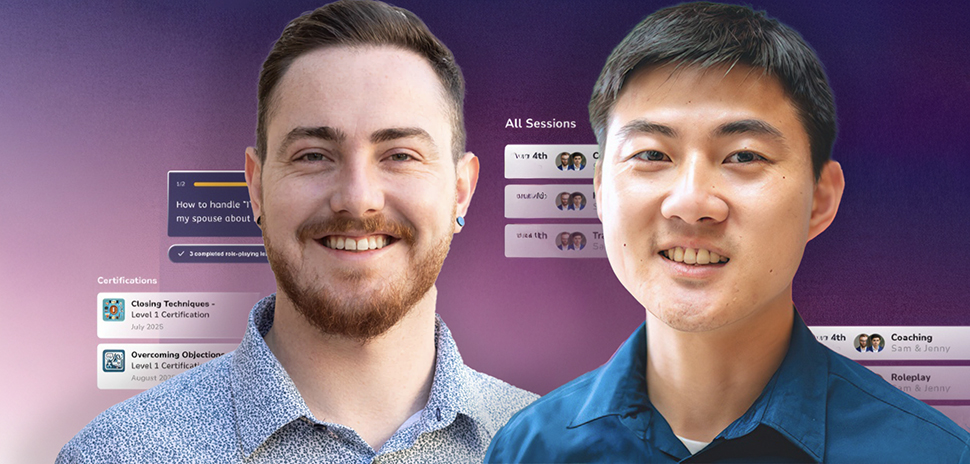David Cherrie has seen the same pattern repeat across retail chains: One manager leads a top-performing store, while other locations fall behind.
Now, as CEO and co-founder of Dallas-based Arcade, he’s rolling out tools to scale the winning behaviors that set top managers apart.
In August, the software company acquired Upduo, an AI-powered coaching platform, and announced the launch of Arcade AI Sales Leader.
“The success of any retail location starts and ends with the quality of its manager,” Cherrie said in a statement, pointing to a problem that keeps retail executives up at night. “We saw a clear opportunity to solve a massive pain point. How do you bottle the magic of your best sales leader and deploy it everywhere?”
The all-cash deal, backed by fresh capital from new and existing investors, is a strategic expansion, Cherrie told Dallas Innovates. Additional terms of the deal were not disclosed.
Unlike traditional learning management systems, he says, Upduo was designed specifically for retail’s reality—high turnover, constant distractions—and rebuilt from the ground up as an AI-first coaching engine.
Cherrie is betting that retail’s performance gap between its top sales leaders and everybody else isn’t just about motivation. It’s about capability too: It’s about capability too—employees need the will to succeed, and the skill to do it.
It’s a gap he knows well. His company has spent years perfecting the motivation side, using gamification and incentives to get frontline retail workers engaged. “Arcade has always been focused on performance engagement,” Cherrie said. The Upduo acquisition, he added, brings the other side of the coin: skill development.
Arcade says the two companies’ shared vision is simple: “Turn every field manager into your best sales leader.”
Growth fueled by enterprise demand
Arcade has posted back-to-back record revenue quarters in 2024, according to Cherrie. The company notes Cricket Wireless, Metro by T-Mobile, Motorola, Spectrum, Dish, AT&T, and more on its company website.
Since Arcade’s post-COVID relaunch in February 2023, Cherrie says, the company now serves over 20,000 paid users across hundreds of retail organizations. The company’s customer base spans from single-location retailers to enterprise brands with more than 2,000 stores.
To date, the company’s website indicates that the platform has facilitated 150,000 hours of sales role-play and 2 million one-on-one training and coaching sessions.
Arcade says its approach makes sales training scalable without hiring expensive coaches. Top performers train mid-performers, who then train new hires—helping close the performance gap while reducing the manager workload that fuels turnover.
Arcade’s core platform uses gamification and micro-incentives to motivate retail sales teams, creating contests that focus employees on revenue-driving activities rather than traditional leaderboards. The SaaS platform, priced per user or per store depending on customer needs, has helped retailers boost employee engagement and sales performance.
The new AI sales features will be available as upgrades to existing plans, according to Cherrie.
With Upduo’s AI coaching technology integrated, Arcade addresses both motivation and skill development in a single platform, expanding its value proposition for retail clients, he says.
“Arcade’s acquisition of Upduo is exactly the kind of forward-thinking move we encourage,” said Adam Rogers of Next Coast Ventures in the announcement. “They are fundamentally asking, ‘How will AI power our business to deliver more value?’”
Buying to go faster
Cherrie said the decision to “buy rather than build” was strategic: Upduo already had a retail-native platform rebuilt from the ground up with AI at its core.
The decision was really about speeding up time to market with a proven AI-first technology, he says.
The companies already shared mutual customers who were “using Arcade to successfully motivate Upduo usage within their organization,” Cherrie added, proving the value of an integrated experience and highlighting cross-selling opportunities within both customer bases.
Cherrie noted that Arcade’s most successful retail customers focused first on developing their field managers, then their frontline teams. These customers leverage Arcade’s gamification to motivate performance while complementing it with consistent coaching, he says. The pattern pointed toward the need for an integrated solution.
Scaling retail skills development
Upduo’s co-founder, Wei Sun—now Arcade’s chief technology officer—said the deal brings his team’s original vision to life.
“Our vision was always to use AI to make skill development more effective and accessible,” Sun said in a statement. “Now, as part of Arcade, we can bring that vision to life at a massive scale.”
The new combined AI Sales Leader platform creates a virtuous circle—employees reinforce their own behaviors as they train others, with each coaching session guided by content designed specifically for the business’s metrics.
In practice, this means a new hire in Dallas can receive the same quality coaching as one in Detroit, with the platform ensuring consistency across all locations. And store managers who once spent hours on paperwork now focus on actual selling, while the AI handles assessments and follow-ups. During slow Tuesday afternoons, employees can practice skills that directly impact weekend sales performance.
The tech behind the transformation
Starting from when an employee opens the app with a one-tap magic link sign-in, the AI begins orchestrating their development—assessing competencies, assigning training modules, pairing them with peer coaches, and tracking progress through every interaction.
The Sales Leader platform’s core AI components work together.
There’s Coach AI, which guides managers through coaching conversations and can record sessions for later analysis—or function as a virtual coaching assistant when managers aren’t physically present.
For role playing, Train AI acts as a tireless practice partner, letting associates build skills through AI-driven scenarios.
When it’s time to verify skills, Certify AI steps in as a gatekeeper, making sure employees actually know their stuff before they engage with customers.
Throughout it all, Gamified AI keeps things interesting by personalizing challenges to each employee’s level, while automated scorecards handle the paperwork nobody wants to do—instantly grading sessions and spelling out exactly what needs work.
Together, the tools create a “virtual management layer” that never takes a day off. Arcade says it eliminates administrative burden by tracking everything from where everyone’s competencies lie to orchestrate who should get which training next.
Overcoming retail’s toughest frictions for adoption at scale
Cherrie acknowledged three key obstacles to tech adoption in retail: dispersed teams, employee fatigue from too many tools, and high turnover. “With high turnover environments in retail and the fast-paced nature of the work, employees are often too busy to take time learning new workflows,” he said.
Arcade’s solution follows a specific two-step rollout process: first training market leaders to support store manager onboarding, then driving to “100% of all employees onboarded within the first 10 days,” according to Cherrie.
Arcade leans into what it calls the “WIIFM” factor—making sure every user understands “what’s in it for me” during onboarding, he said. Technical features like single sign-on capabilities from existing tools reduce friction, while a gamified onboarding flow helps employees quickly understand how the app benefits them, regardless of their tech-savviness.
A global outlook

Melbourne-based James McLaren, Arcade co-founder and Principal Engineer, originally launched the company with Cherrie. [Images: Arcade]
Arcade first opened a Dallas office in 2016 after graduating from the REVTECH accelerator. The company was founded in Australia by Cherrie and James McLaren but rooted its U.S. operations in North Texas, drawn by what the accelerator called “superior access to customers and talent over capital.”
The company named Mark Clare as head of sales in 2024, as the company reached its four-year milestone since launching to wireless retailers in 2020 and accelerated entry into the specialty retail market.
With the launch of AI Sales Leader, Cherrie sees the platform carving out space in a competitive zone that blends sales coaching, enablement, and learning tools.
Looking ahead, he says, Arcade plans to stay “hyper focused on staying at the forefront of AI sales enablement solutions for every desk-less sales organization,” from retail operations to car dealerships to door-to-door sales teams. International expansion and a strategic exit are also on the roadmap.
Don’t miss what’s next. Subscribe to Dallas Innovates.
Track Dallas-Fort Worth’s business and innovation landscape with our curated news in your inbox Tuesday-Thursday.
R E A D N E X T
-

North Texas has plenty to see, hear, and watch. Here are our editors’ picks. Plus, you’ll find more selections to “save the date.”
-

D CEO and Dallas Innovates have expanded The Innovation Awards 2026 with more individual and company categories this year. Now is your chance to be part of the region’s defining recognition for innovators.
-

Data scientist Anmolika Singh put Dallas on the global AI Tinkerers map. At the first meetup, more than 30 pros—founders to Fortune 500 technologists—showed up to trade ideas, projects, and solutions.
-

The BMW Dallas Marathon is gearing up for its 2025 race weekend, to be held in a long, winding course around White Rock Lake December 12–14. One way it’s doing that is by unveiling “a bold new logo” featuring a modern take on the Pegasus—Dallas’ celebrated icon—stretching its neck out toward victory. Along with a refreshed merchandise collection, the updated visual identity “reflects the organization’s evolution as a premier running event and its deep connection to the Dallas community,” organizers said.
-

UT Dallas researcher Dr. Walter Voit transformed Minecraft’s 170-million-player universe into an advanced virtual training ground—for students and for AI agents tested by DARPA. His team’s Polycraft World uses gameplay to turn classroom theory into real-world expertise, covering topics from synthetic organic chemistry to nuclear plants to semiconductor facilities. Their new startup company, Pedegree Studios, has licensed the core technologies from the university to create a scalable digital pipeline for education and workforce development.
